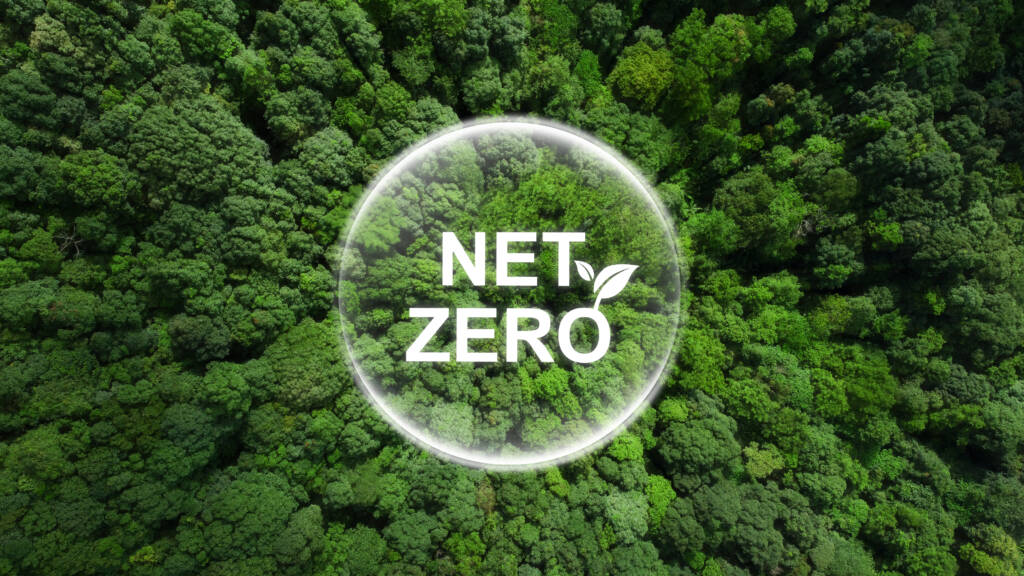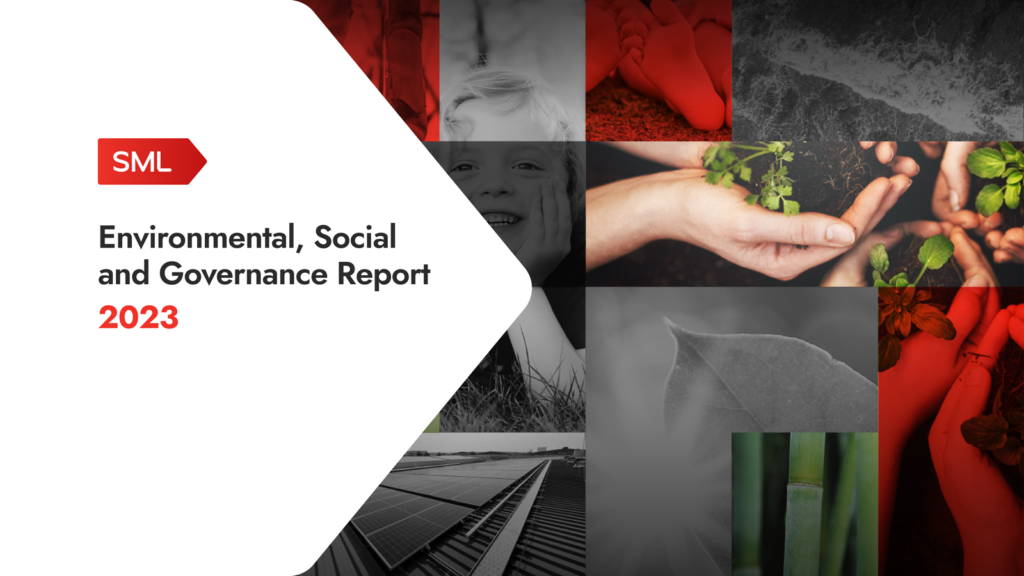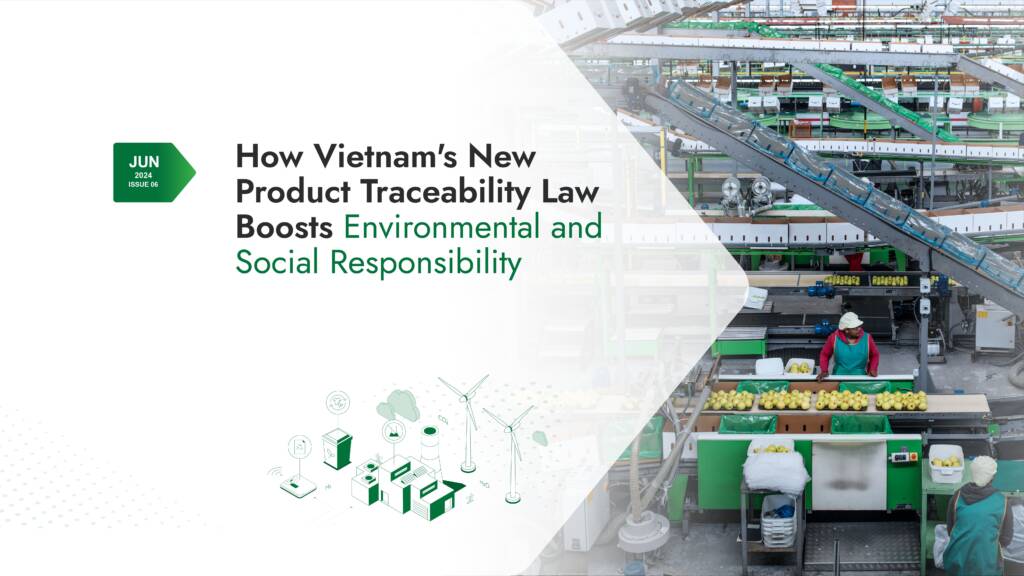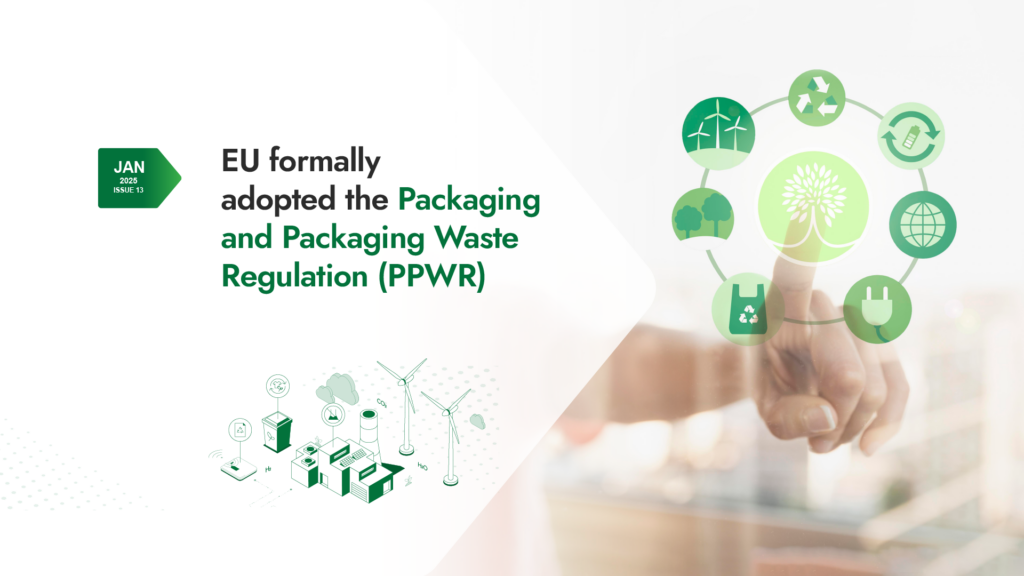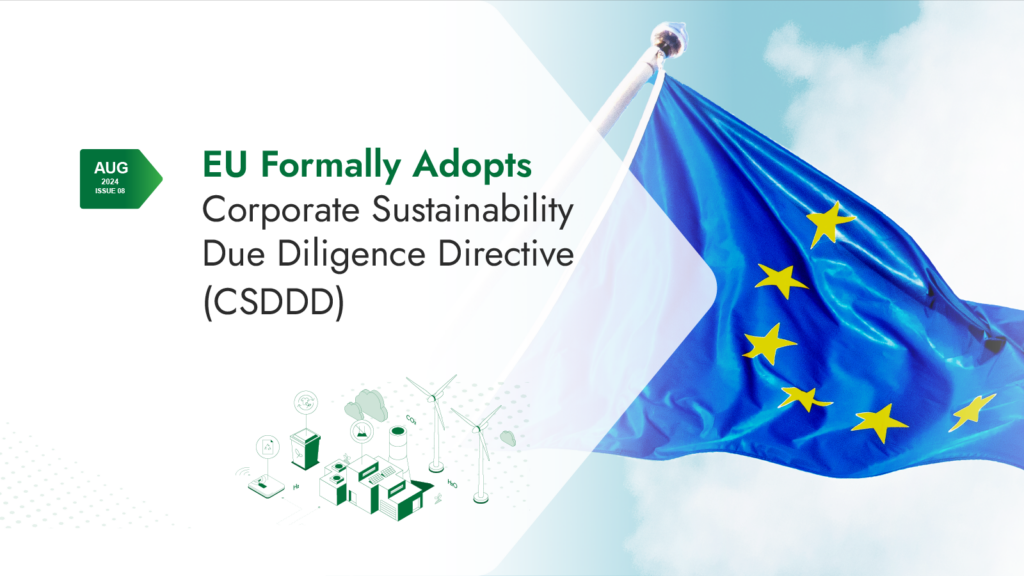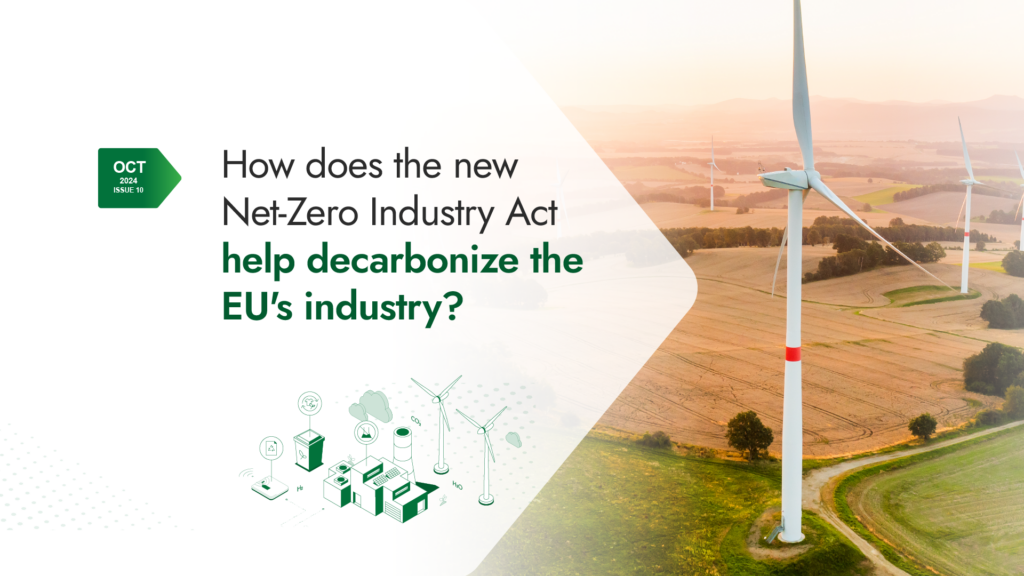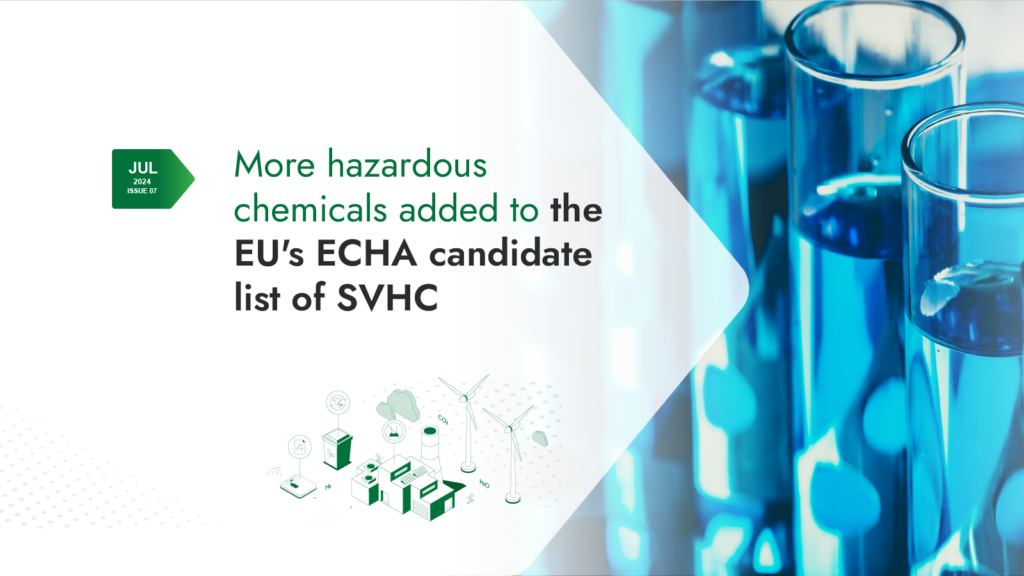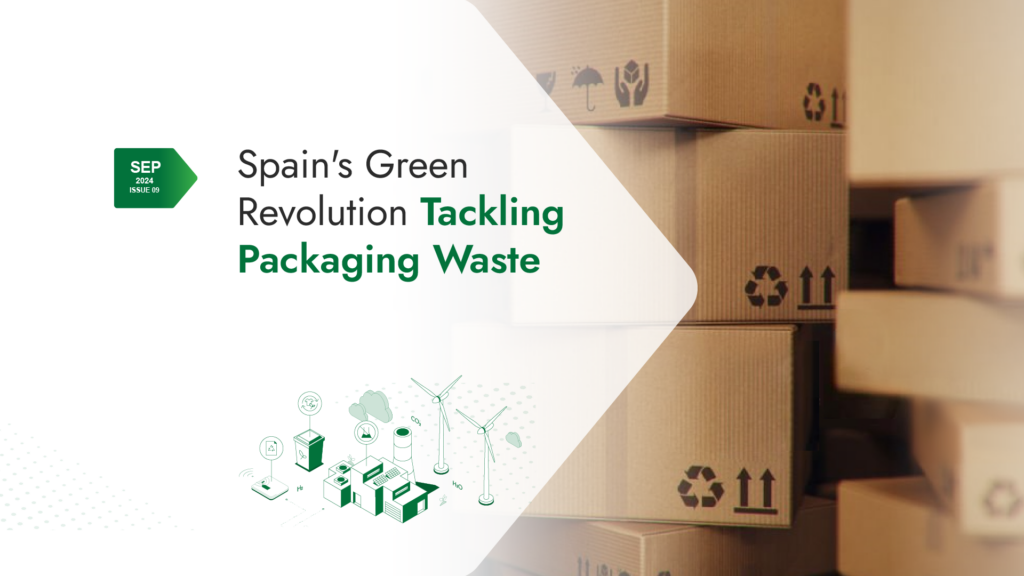Sustainability Insights #14

Ready to take the next step in sustainability? Contact us today to learn how we can help you meet the latest regulatory requirements and achieve your goals.
The annual Conference of the Parties (COP) under the UN Climate Change Conference is a key global platform for addressing climate change. This year, COP30 will take place in November 2025 in Belém, Brazil, focusing on accelerating action and ambition to meet the Paris Agreement’s goals.
A Critical Deadline: Submission of Updated NDCs
One major milestone leading into COP30 is the deadline for updated Nationally Determined Contributions (NDCs), which outline each country’s climate commitments. Under the Paris Agreement, parties are required to submit updated NDCs every five years. The February 2025 deadline comes ahead of COP30, allowing updated commitments to reflect findings from the first global stocktake, which evaluates collective progress toward limiting global warming to 1.5°C.
This process ensures that COP30 will be critical for reviewing, aligning, and enhancing commitments to address gaps in ambition and implementation.
Continuity Toward COP30
COP30 will build on outcomes from COP29, which emphasized “Enhancing Ambition” and “Enabling Action”, particularly in supporting developing nations. Several key issues from COP29 will carry over:
National Adaptation Plans (NAPs): COP29 advanced measurable indicators, including financial tracking, to monitor progress toward the Global Goal on Adaptation. COP30 will refine these measures and drive further adaptation efforts.
Article 6 Guidelines: Progress on carbon credit trading under Internationally Transferred Mitigation Outcomes (ITMOs) was limited at COP29. COP30 will aim to finalize guidelines for transparent and credible carbon markets.
Climate Finance: Discussions on the New Collective Quantified Goal on Climate Finance highlighted the urgent need to support Least Developed Countries (LDCs) and Small Island Developing States (SIDS). However, disagreements on meeting the proposed target of USD 1.3 trillion by 2035 led to setbacks. COP30 will aim to address these financing gaps.
By maintaining continuity, COP30 offers an opportunity to resolve unresolved issues and strengthen global climate action. Hosted in Brazil, COP30 is expected to drive meaningful progress, particularly in adaptation, finance, and carbon market integrity, while helping developing nations achieve their climate goals.
Source:
Osborne Clarke
Key takeaways:
The COP30 is set to take place in November 2025 in Brazil. It marks the deadline for parties to submit updated Nationally Determined Contributions (NDCs). It is expected to continue in addressing climate finance in association with enhancing climate adaptation and resilience, a crucial aspect for LDCs and SIDS. However, the uncertainty surrounding climate finance targets is a cause for concern and is expected to be a major topic of discussion at COP30.
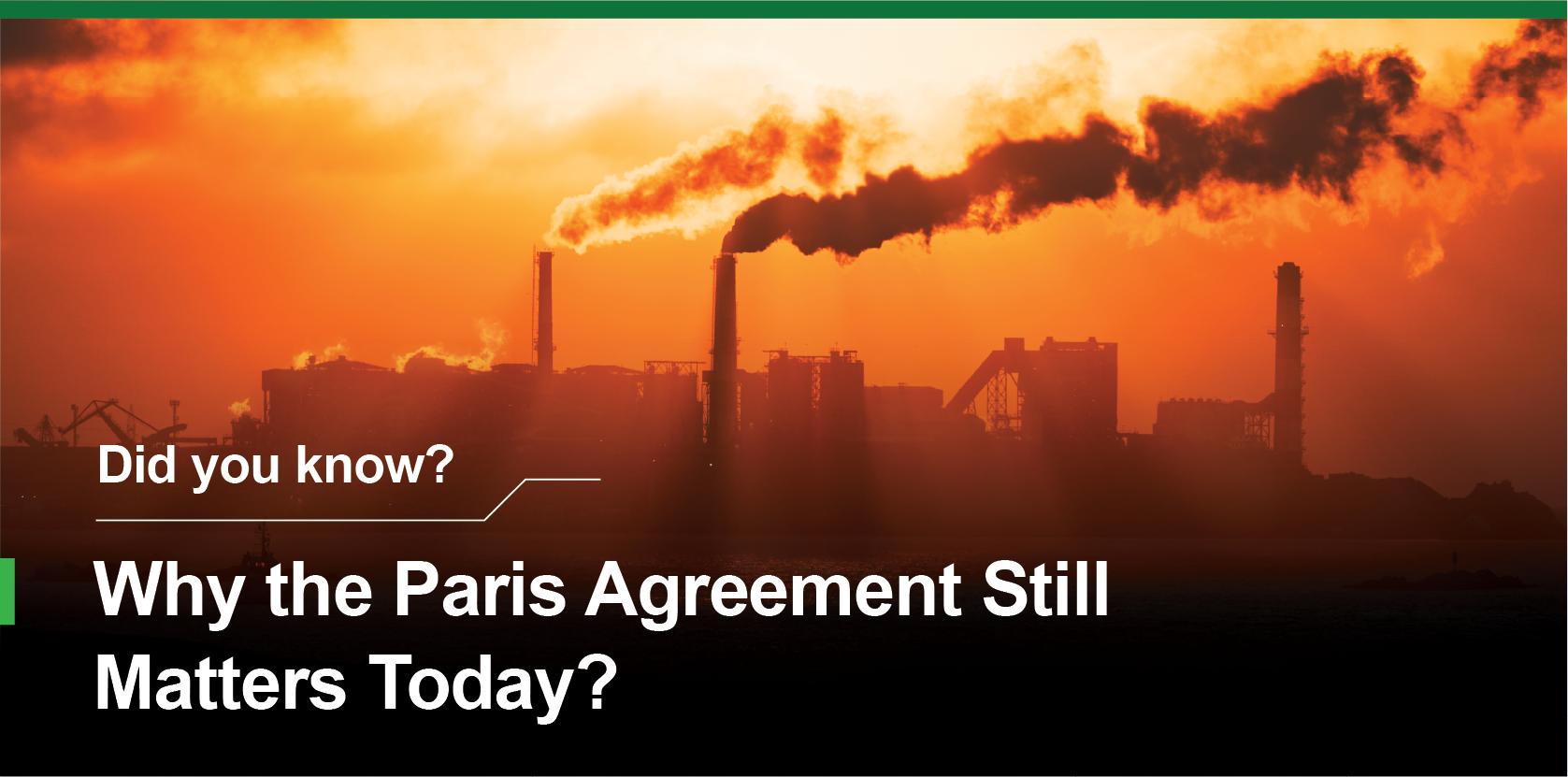
The Paris Agreement, which term may be found very familiar when reading topics related to climate change, established during COP21 in 2015, represents the first legally binding global climate change treaty. Since its inception, nearly all countries worldwide have pledged to adhere to its framework to achieve its overarching goals:
“Substantially reduce global greenhouse gas emissions to hold global temperature increase to well below 2°C above pre-industrial levels and pursue efforts to limit it to 1.5°C above pre-industrial levels.”
However, the Intergovernmental Panel on Climate Change (IPCC) produced the Sixth Assessment Report (AR6), which stated that the average global surface temperature increased by 1.1°C in 2011-2020 compared to 1850-1900. If the current emissions rate continues, the global surface temperature is likely to exceed the target set in the Paris Agreement by 2100.
Source:
The Intergovernmental Panel on Climate Change (IPCC)

An energy audit is a vital tool for reducing greenhouse gas (GHG) emissions by identifying opportunities to optimize energy consumption and improve efficiency. At our production site in Dongguan, China, the first energy audit, conducted by an accredited third-party consultant, provided a detailed assessment of energy consumption patterns and equipment performance. The audit highlighted several actionable recommendations, including replacing T5 tri-phosphor fluorescent tubes with energy-efficient LED lights and assigning dedicated personnel to inspect and repair compressed air leaks to reduce energy losses. These measures not only improve energy efficiency but also offer valuable insights for long-term energy planning and sustainability efforts.
This initiative aligns with SML’s commitment to the Science Based Targets initiative (SBTi), which has approved our target to reduce absolute Scope 1 and 2 GHG emissions by 42% by 2030. Our Dongguan site audit serves as a model for leveraging energy management practices to reduce environmental impact and support global climate action.
Let’s Move Forward Together
As your partner in sustainability, we’re here to help you navigate changes, meet compliance requirements and stay ahead in a shifting regulatory landscape. From ensuring recycled content standards to optimizing packaging design, we’ve got the expertise to support your business.
Reach out to our team today to discuss how we can help you align with the latest regulations and achieve your sustainability goals.



